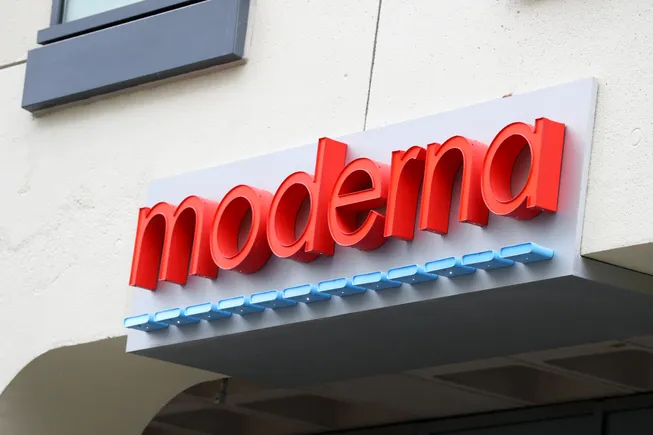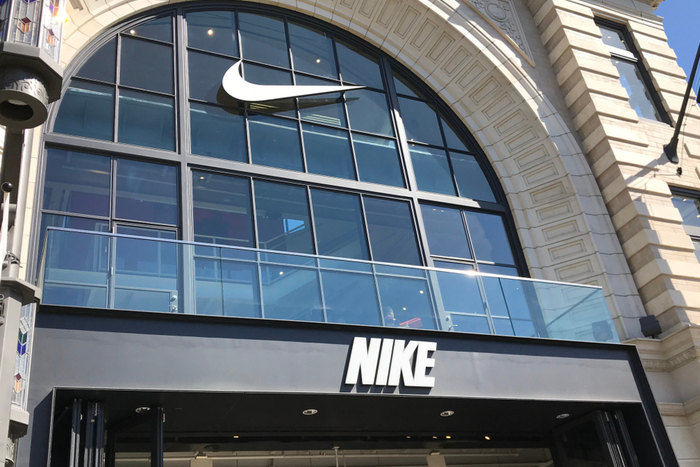How much of a threat is Amazon Haul to Temu?
In the face of increasing competition from the likes of Temu and Shein, Amazon rolled out its new budget marketplace, Haul, in beta to the UK last week.

In the face of increasing competition from the likes of Temu and Shein, Amazon rolled out its new budget marketplace, Haul, in beta to the UK last week.
The new offer consists of a app-only shopping feature, with all products priced £20 or less.
The offer is currently only available to “select customers” when they next update their Amazon shopping app, before being rolled out to all remaining shoppers during the coming weeks, according to its website.
The UK is the second market Amazon has launched its Haul proposition in, having initially introduced its Haul feature in the US in beta in November.
Despite being a stalwart in the industry, Haul arrives as Amazon faces ongoing competition from rival marketplaces, with Chinese etail players Temu and Shein crowned as the most popular UK iPhone apps of 2024.
Retail Gazette looks at whether Amazon could regain market share with its new Haul offer, and how much of a threat it is to Temu and Shein.
A ‘direct response’ to rivals
Accessible as a mobile-only shopping feature, Amazon’s UK Haul houses thousands of products for £20 or under, with the majority below £10.
Haul has a clear focus on affordability, with multiple banners on its page pushing offers such as “free shipping on £15”, “save 5% on £50” and “save 10% on £75”.
The platform also clearly targets Gen Z shoppers, with categories including “Y2K”, “social faves” and “trending”.
 RMW Commerce consultant Vinny O’Brien says Amazon’s UK Haul launch is “a direct response to both Temu and Shein, to give them a clear place that people can go and get value based products.
RMW Commerce consultant Vinny O’Brien says Amazon’s UK Haul launch is “a direct response to both Temu and Shein, to give them a clear place that people can go and get value based products.
“It’s a space that they feel they really need to differentiate and make that discovery process a little bit easier.”
Emarketer senior analyst Carina Perkins notes that Temu is seeing “really rapid growth” in the UK, so she imagines “Amazon is feeling a little bit threatened”.
She adds that the ecommerce titan will aim for Haul to “really capitalise on that demand for super cheap goods, which is high given the cost of living issues in the UK at the moment”.
Haul can only be accessed via Amazon’s ecommerce app, and is a separate proposition from the online retailer’s central online marketplace.
Highlighting the differences between the platforms, Customer Xperience Alliance chair Martin Newman explains: “Unlike Amazon’s core marketplace, which emphasizes a vast selection and fast delivery, especially with Prime, Haul prioritises low prices over delivery speed, with shipping times typically ranging from one to two weeks.”
By comparison, although Temu used to only offer delivery times between one to two weeks, the company launched a “local” initiative in the UK in December, with shoppers able to purchase items from UK-based sellers that arrive in as little as one day.
Its “local” products are mostly bulky goods, such as furniture, tents, winter coats and kitchen appliances that would be uneconomical to ship from China.
Haul’s UK launch comes after the service was rolled out in the US in beta in November. However, O’Brien argues that its performance there so far has been “mediocre”, with many criticising the platform as “poorly designed and poorly structured” he says.
“Having something else to think about was not really what people wanted, so there was a lot of confusion as to what this offering was based around,” he adds.
As of March just 16% of US shoppers had shopped on Amazon Haul, compared to to 23% and 28% who did the same with Shein and Temu.

What does Haul mean for Temu and Shein?
As of April, the Temu app had been downloaded about 42.2m times globally, according to Statista. Likewise, Shein’s app achieved around 54.5m worldwide downloads in the first 19 weeks of 2025.
The apps’ success are often attributed to their aggressively low prices, speedy trend capitalisation, and engagement with users.
Regarding how much competition Haul could be, Perkins says: “Amazon Haul is a threat to Temu and Shein just by its very existence because Amazon is so dominant.”
She notes that Haul could “potentially” steal back some of the market share that Temu and Shein have taken from Amazon in recent years.
However, she thinks this will “really depend on how smooth the process is for consumers in terms of delivery and returns” and how well it will be able to capitalise on trends and use “gamified elements” like its rivals do.
While Temu and Shein have historically performed well partly due to their exceptionally low prices, Newman points out: “Recent US tariffs on Chinese imports have forced them to raise prices, potentially making Haul more competitive.”
“Amazon’s ability to offer low prices, combined with its reputation for reliability, positions Haul as a formidable competitor,” he argues.
However, O’Brien says Temu and Shein have made strides in improving customer perception since their initial UK launches, which will have been “further legitimised” by Shein’s potential London listing.

An explosion of marketplaces
With the rollout of Haul, it seems that Amazon is seeking to compete in the value focussed and trend driven ecommerce space that Temu dominates.
With an explosion of budget marketplaces in general recently, including Temu, Shein, Haul and TikTok Shop, could the marketplace model be evolving for good to this budget focussed model?
Perkins says: “There’s no surprise that this super cheap, direct from manufacturer marketplace model has exploded alongside a huge increase in the cost of living in the UK.
“People have a much smaller amount of money for discretionary spending, and super cheap marketplaces like this mean they can get more for their money.”
However, she points out that the marketplace model is also really popular “more broadly”, highlighting that retailers like Next and M&S offer a similar model.
“I think that’s to do with the way people are shopping online, they like to be able to shop from one retailer, pay one delivery fee and simplify returns, alongside having a breadth of choice in products,” she says.
Newman echoes this view.
“Temu’s rapid growth has disrupted traditional retail models, prompting established retailers to reconsider their strategies,” he explains.
“The success of budget-focused, direct-to-consumer platforms indicates a shift in consumer preferences, leading more retailers to explore similar models to remain competitive.”
Marketplaces certainly aren’t going anywhere soon. But despite Amazon’s formidable reputation, Haul’s apparent “mediocre” US performance indicates it has its work cut out to threaten Temu.
Click here to sign up to Retail Gazette‘s free daily email newsletter




















































































































































